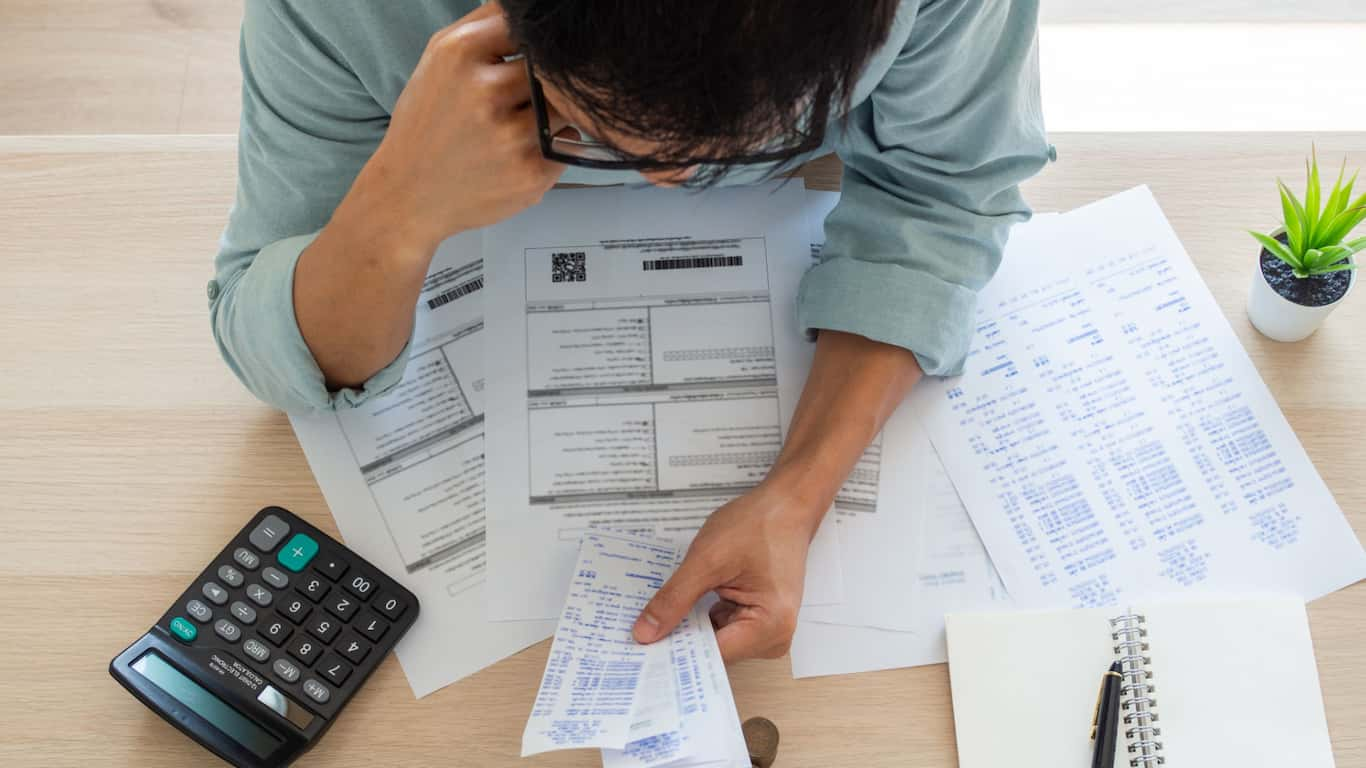Can Taking On New Debt Actually Help You Get Out of Debt?
Debt. For many of us, it’s an unavoidable part of life, helping us reach certain financial goals such as buying a home or going to college. As necessary as debt might be, it can sometimes feel like… well, another four-letter word to be avoided.
It can take years to pay off your debt, whether that includes credit card balances, student loans, auto loans, personal loans, home loans, or all of the above. All the while, that debt is likely costing you money, stifling your household budget, and even affecting your credit score.
When it comes to paying off debt, taking on additional or replacement debt can feel counterintuitive. In some cases, though, it actually can make sense to pay off your debt with new debt. And in the right situations, it may even save you money.
When It Makes Sense to Pay Off Debt With More Debt
There are a few different ways you can use new debt to satisfy your existing debt. You can:
Refinance a current loan
Consolidate multiple debts with a new loan
Borrow from your home’s equity
Each of these can serve to reduce your total out-of-pocket expenses, make your debt more manageable, get you out of debt sooner, or a combination of the three.
Here are some situations where paying off your current debt with more (or new) debt can be the right move.
When it lowers your interest rate(s) and saves you money
The cost of borrowing money from a lender is represented by APR, or an annual percentage rate. Depending on the type of debt you have, and your credit rating, your interest rates can range drastically!
The higher your rates, the more you’ll pay on your debt and the longer it’ll take you to pay off those balances. By lowering your interest rates, you can get out of debt sooner, and for less money.
You can use new debt to replace your existing balances with a lower-interest debt. For example, you can pay off high-interest credit cards with a lower-rate personal loan, or refinance an old auto loan into one with better terms.
When it makes your debt easier to manage each month
The average consumer has more than three credit cards, according to recent data from Experian. If you carry a balance on multiple cards — plus juggle a home mortgage loan, auto loan, and student loans — you’re managing a lot of due dates and minimum payments.
Rather than deal with the headache of so many balances, you can use new debt to streamline your payoff. For instance, taking out a personal loan could allow you to pay off all of your credit card debt and student loans. Then, you’ll only have one payment and due date to track each month.
TRY FIONAWhen it gets you out of debt faster
A lower interest rate reduces the total cost of your debt. If you keep your monthly payment the same, even lowering your rate, it will get you out of debt sooner, too.
Let’s take a $10,000 personal loan with a repayment term of 60 months:
At a 10% interest rate, you’ll pay $212 per month for the principal and interest
Reduce that interest rate to 6%, though, and your required payment drops to $193 per month.
However, if you continue making $212 payments ($193 minimum and an additional $19 toward your principal), you’ll actually pay off your debt in just 54 months, saving you six months of interest and required payments.
When it boosts your credit score
Your credit score influences many aspects of your life, affecting everything from the interest rates you’re offered on loans to your auto insurance premiums. So, the better your interest rate, the more money you’ll continue to save.
One factor of your credit score is credit utilization, or how much of the available credit limit is being used on your revolving accounts. If you currently have an $8,000 balance on a credit card with a $10,000 limit, for example, you have an 80% utilization. This can have a negative impact on your credit score.
By paying off this balance with a personal loan or home equity line of credit (HELOC), you can eliminate this high credit utilization ratio and improve your credit score. This may unlock lower interest rates in the future or better your chances of approval for various financial products.
When it releases a cosigner
There are times when you need a cosigner to help you get approved for a loan or improve the terms you’re offered. However, you may want to remove that cosigner at some point, even if you haven’t completely repaid the debt.
Replacing that balance with new debt can release your cosigner from their obligation to your debt. For instance, you can consolidate all of your parent-cosigned student loans with a personal loan or remove a former spouse from a joint auto loan with a refinance.
Bottom Line
Taking on more (or new) debt can feel counterproductive if you’re trying to get out of debt. However, there are many times when new debt can save you money, simplify your repayment process, or even get you out of debt sooner. With the right new debt, you can accomplish all of the above.
LEARN MOREYou might also be interested in
Disclaimer: The material provided on this site is not intended to provide legal, investment, or financial advice or to indicate the suitability of any Engine by MoneyLion product or service to your unique circumstances. For specific advice about your unique circumstances, you may wish to consult a qualified professional. Any information or statistical data sourced by Engine by MoneyLion through hyperlinks, from third-party websites, are provided for informational purposes only. While Engine by MoneyLion finds these sources to be accurate, it does not endorse or guarantee any third-party content.
